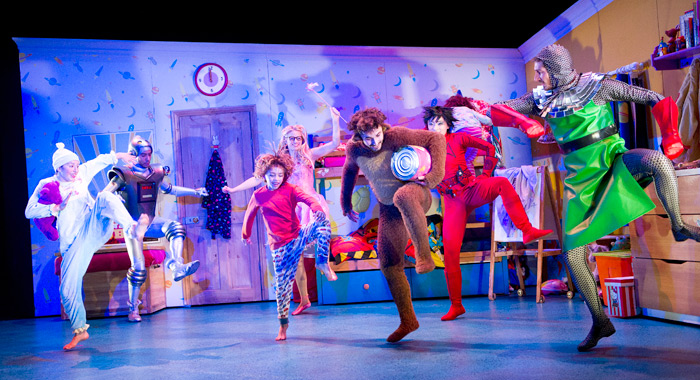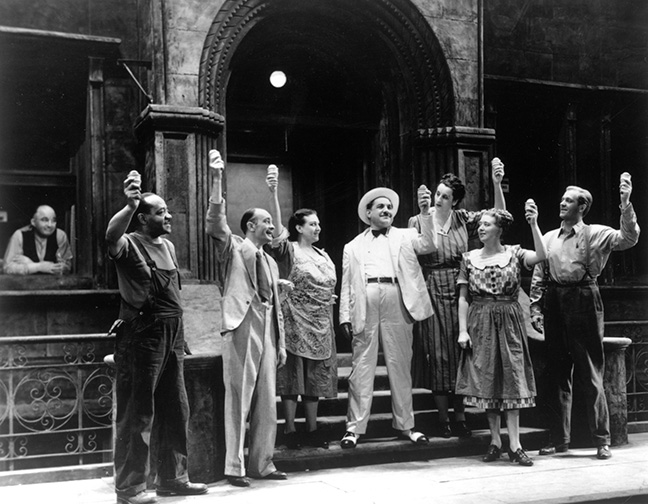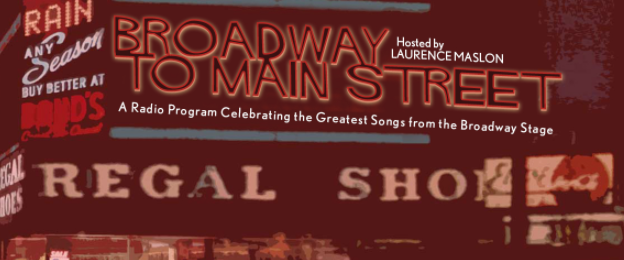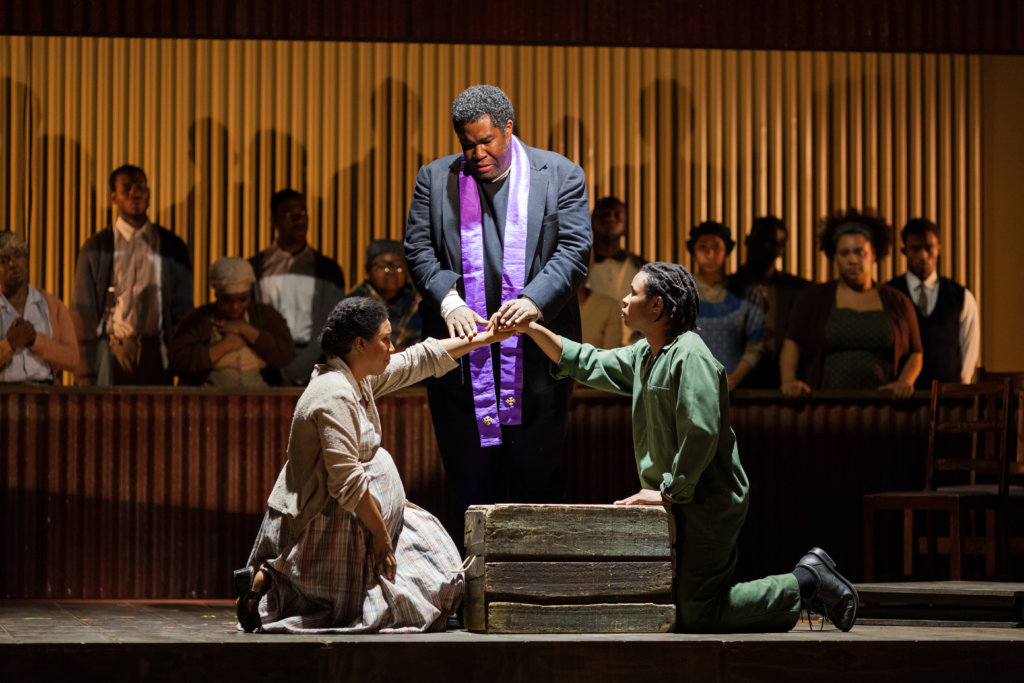
A delightful work that delivered many firsts for Kurt Weill, Zaubernacht (Magic Night) remains a significant piece in the composer’s complete oeuvre. It was Weill’s first theatrical score, a children’s ballet pantomime, about a boy and girl who fall asleep as a fairy’s magic spell transports them to a land of enchantment. The work’s premiere on November 18, 1922 in Berlin was Weill’s first major public exposure, greeted with respectful reviews. Zaubernacht was Weill’s first work to be performed in the U.S., choreographed by Michio Ito and premiering in New York in 1925.
“Weill’s music is appealing in its thematic structure, its fresh colors, its liveliness, and its illustrative power that does justice to each of the ever-changing moods, supporting and deepening them.” — Berliner Börsen-Courier, November 19, 1922
Writing music for a children’s dream ballet was a departure for Weill, who took his cues from the story and adopted a lighter, more free-flowing style. Weill himself described Zaubernacht as “the first work in which the simple style can be recognized.” It was also presumably the first time Weill experienced a spontaneous, lively reaction to his work. Or as the Berliner Börsen-Courier put it: an “enthusiastic response by the little nippers.” Perhaps this was Weill’s first impetus to think about creating works for a broader audience. Weill and Lotte Lenya first crossed paths, but did not meet, at an audition for Zaubernacht; Weill accompanied Lenya from the pit, but she could not see him. Lenya was offered the part but declined when her mentor, Richard Révy, was not engaged to direct.
It is widely believed that Weill’s full score of Zaubernacht was among the unpublished scores left behind when he fled Nazi Germany in 1933. After Weill’s death, Lenya attempted to trace the lost materials, eventually obtaining the holograph piano score from Zaubernacht’s director Wladimir Boritsch sometime before his death in 1954. Boritsch had kept the original set of orchestra parts and the copyist’s piano manuscript, which were later donated by his widow to Yale University in 1959. The original set of parts was intended to become part of the newly established American Music Theatre Collection, but the materials were soon forgotten due to an unfortunate series of disruptions. Weill’s original parts for Zaubernacht didn’t resurface until 2005, when Yale staff needed to move a safe in the basement of Sterling Memorial Library. The Music Library at Yale informed the Kurt Weill Foundation about the discovery, and the Foundation identified the parts as those created for the original production in Berlin — discovered nearly eighty years later.
The complete performing version of Weill’s original orchestral score was edited by Elmar Juchem and Andrew Kuster for the Kurt Weill Edition. Listen to the original score released in 2013 by the Arte Ensemble with soprano Ania Vegry.


